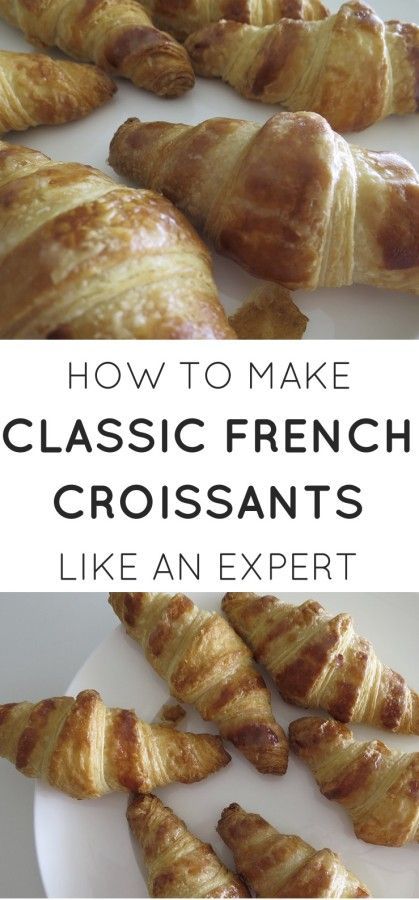Why does my baby put everything in her mouth?
Gwendolyn Baltes
October 06, 2019
Babies putting things in their mouths, otherwise known as mouthing, is not only
normal, but also signals a growing interest in the world around them. In the first
year, children explore their surroundings through their senses -- seeing,
touching, hearing, smelling, and tasting. The more they explore, the more they
learn.
At about 5-6 months of age, almost anything within reach makes a beeline
straight to the mouth - keys, toys, their feet, etc. This oral exploration has several
developmental benefits/reasons
Anytime your baby wants to explore something, she will instantly try to put it in
her mouth. Doing so will give her an idea about the taste, shape and texture of
that object. In fact, mouthing will give your baby one of her first lessons in
learning more about the world around her.
Your baby’s mouth has more nerve endings per square millimetre than any other
part of her body. So if she really wants to find out what something feels like, she
puts it in her mouth. If you don't want something to go into your baby's mouth,
don't leave it where she can get hold of it!
While your baby is learning to master his hand movements -- reaching, grabbing,
and swatting -- he's not yet so adept at using his fingers. So when a baby grasps
what he desires and wants to investigate further ("Is it soft or hard? Can I eat it?
Does it make a sound?"), this often means putting it in his mouth. Mouthing
helps babies learn all about different shapes and textures. They also learn what
feels good and tastes good, and what doesn't -- so your child will only mouth a
wool blanket once.
Mouthing objects can also be a sign that the first tooth is ready to surface.
Although most babies cut their first tooth around 7 months, some start as early as
3 months. When this happens, you'll notice your child drooling a lot and
constantly putting things in her mouth.
Featured Post
 Gateaux Recipes
Gateaux Recipes
How To Make Classic Croissants
Gwendolyn Baltes
October 31, 2019
_ Ingredients For the dough 1/2cup plus 2 Tbs. cold water 4 cups unbleached a…
Popular Posts

Gordon Ramsay’s honey glazed ham recipe
October 07, 2019

Home Remedies for Kidney Stones
October 04, 2019

mini caprese salads
October 08, 2019
Crafted with by TemplatesYard | Distributed by Blogger





0 Comments